Values are hidden by the struggle for survival
June has a significant milestone in family work. That is Vietnamese Family Day (June 28) - an occasion to look back at the sacred role of the family in the journey of building people and the nation. In the strong flow of modernization, where globalization, digital society and urbanization are changing all structures, the Vietnamese family value system also needs to be seriously re-examined, not only under the moral lens, but also as a sustainable foundation for the nation's aspirations for strong development.
“The Vietnamese family value system in the era of national development” - is an article by Associate Professor, Dr. Bui Hoai Son - Standing Member of the National Assembly's Committee on Culture and Education , published in the media in June this year. In the article, Associate Professor, Dr. Bui Hoai Son raised the issue: “In the hustle and bustle of modern society, when the pace of urbanization, globalization and digitalization is accelerating, the traditional values of Vietnamese families are facing many serious challenges. The family - once considered the "first school" of each person, a place to nurture emotions, ethics and courage - is now being caught up in a whirlwind of change. If we do not consciously identify and preserve it, we may lose ourselves, lose the deepest roots of national culture. The shift from the traditional three-generation family model to the nuclear family model has made meals together a luxury for many young people.
In big cities like Hanoi and Ho Chi Minh City, many people choose to live separately, which is convenient for work but unintentionally separates them from the inherent family cultural ecosystem. Stories about family traditions, family traditions, and lineage - which used to be the source of nurturing moral values - are gradually being covered by the noisy sounds of life.
People talk a lot about “personal freedom”, but rarely mention “family responsibility”. On social networks, there is no shortage of videos sharing about the single lifestyle, not getting married, not having children, creating a trend of “freedom from bondage”. This is not entirely negative, but without guidance, it can easily lead to the loss of the fundamental values that families have worked hard to preserve: filial piety, love between husband and wife, and silent sacrifice for each other.
In another context, the rapid development of digital technology has made smartphones, tablets, smart TVs... become "third members" interfering in family relationships. Silent meals, each person looking at a screen, instead of listening, sharing, and caring for each other, are becoming a familiar image. It is an invisible, but very real distance - a subtle break in the emotional bond.
Not only that, the divorce rate in Vietnamese society is increasing alarmingly. Many couples break up after only a few years of living together, or even a few months, because they cannot find a common voice, because they lack listening skills, or because they are not tolerant enough of differences. Divorce is no longer taboo, but it should not be an easy choice every time a storm arises in family life"…
“Traditional cells” in a changing world
According to Associate Professor Dr. Bui Hoai Son, “Amidst the myriad of challenges, the good news is that the Vietnamese family value system has not yet lost itself. Many families, by remaining steadfast in traditional ethics and by creatively adapting to the pace of modern life, are proving day by day that core values such as love, loyalty, filial piety, sharing, etc. are not outdated. On the contrary, they are “valuable assets”, which unite people, nurture inner strength and arouse the desire to rise in each individual and the whole community.”
As stated by Associate Professor Dr. Bui Hoai Son, in Vietnamese culture, family is not only a place to live, but also a space to impart morality, family traditions and personality foundation. The tradition of "three generations living together", respecting elders, yielding to juniors, courtesy and loyalty, are factors that have shaped the identity of Vietnamese families through many generations. However, in the context of social networks, technology and globalization penetrating every corner of life, the structure and role of the family are clearly changing. From there, a question arises: Which values should be preserved and which values need to be renewed to adapt to the times?
In the modern life, filial piety is still a core cultural element. It is not only about taking care of material things but also about spiritual connection and gratitude to parents. Whether living in the city, working remotely or studying abroad, the spirit of "When drinking water, remember its source" still needs to be present through calls, inquiries and being present at the right time. Although lifestyles have changed, behaviors such as greeting, sitting down to eat together, and maintaining politeness in speech still play an important role.
From another perspective, the modern family must be a place where each person can be true to themselves: career, lifestyle, love choices... But at the same time, it is also necessary to maintain a spirit of solidarity, sharing and common responsibility. The generation gap is no longer about age, but about "update speed". Young people today grow up in a digital environment, with multidimensional information, and no longer accept that "parents are always right". Dialogue, questioning and sharing will help shorten the gap, build two-way respect, instead of maintaining a patriarchal or authoritarian model.
Reality has shown that affection in a modern family needs to be linked to responsibility: the responsibility of raising children does not fall on one side, the responsibility of sharing finances and taking care of each other's spirit. No one is the "sole pillar", but the whole family is a collaborative structure that grows together. In many Vietnamese families, women still carry "two roles" - in society and at home. However, gender equality is not only the right of women to work, but also the right to make decisions, to share the role of taking care of children, doing housework and living up to personal aspirations. A modern family needs resonance, not burden...
Vietnamese families in the multicultural era
In the article, Associate Professor Dr. Bui Hoai Son emphasized, “No system of values exists if it stops at resolutions or slogans. If we want the Vietnamese family value system to truly take root in people’s hearts, become the driving force for life and action of each individual, then those correct policies must be realized into concrete actions, reaching every kitchen, every porch, every heart in every Vietnamese family.
First of all, it is necessary to restructure the family-related policy system in a synchronous, long-term and strategic direction. The Vietnamese family development strategy until 2030 has been approved by the Government, but still needs to be implemented more strongly, linked with national target programs on new rural construction, sustainable poverty reduction, education development and primary health care. A family cannot be happy without basic conditions of social security - that is the material premise for cultivating spiritual values.
Along with that, family education needs to be put back in the central position in the strategy of educating Vietnamese people. Schools can teach children knowledge, but the family is where morality is sown. Therefore, it is necessary to design programs to foster parenting skills, skills to build marital happiness, emotional education in the family... as part of continuing education for adults. Socio-political organizations such as women's and youth... can become "cultural transit stations" to bring these values into the community...".
Finally, according to Associate Professor Dr. Bui Hoai Son, “every citizen, from leaders to ordinary workers, is an important link in protecting and developing the family value system. A timely apology, a family meal, an afternoon spent playing with children - all of these seemingly small things are the most practical actions to cultivate a great value system. Family is not only flesh and blood, but also the first school for people to learn to love, learn to be tolerant, learn to be human. If each family is a flame of love, then the whole nation will be a warm sun. From the family, we can awaken aspirations, beliefs and courage to reach new heights. In the journey to conquer the goal of “A strong Vietnam by 2045”, each happy, kind and compassionate family will be a solid brick contributing to building the foundation for sustainable, humane and prosperous development for the country”.
It can be said that Vietnamese families do not need to be like families anywhere else in the world. But to step out into the world, Vietnamese families need to clearly understand who they are, to know how to “keep” what is precious and “open” what is necessary. And above all, each person in the family, regardless of their role, deserves to be listened to, to be themselves, in a home not only for shelter, but also for love.
According to Associate Professor Dr. Bui Hoai Son, building a family value system in the current context is not only an ethical action, but also a strategic choice of a nation entering a new era of development. The Party Platform (supplemented and developed in 2011) has identified the fundamental values: Vietnamese family is prosperous, progressive, and happy. As early as 2014, Resolution No. 33-NQ/TW of the 11th Party Central Committee affirmed: "Family is a special social institution, where the fine traditional cultural values of the nation are preserved and promoted, and at the same time where human personality is formed". From those orientations, the family policy system needs to be reviewed and redesigned in the spirit of "accompanying - supporting - opening up".
Source: https://baophapluat.vn/giu-gia-tri-cot-loi-mo-long-voi-thoi-dai-post553316.html


![[Photo] Solemn opening of the 8th Congress of the Central Public Security Party Committee, term 2025-2030](https://vphoto.vietnam.vn/thumb/1200x675/vietnam/resource/IMAGE/2025/10/4/f3b00fb779f44979809441a4dac5c7df)
![[Photo] General Secretary To Lam attends the 8th Congress of the Central Public Security Party Committee](https://vphoto.vietnam.vn/thumb/1200x675/vietnam/resource/IMAGE/2025/10/4/79fadf490f674dc483794f2d955f6045)


![[Photo] Bustling Mid-Autumn Festival at the Museum of Ethnology](https://vphoto.vietnam.vn/thumb/1200x675/vietnam/resource/IMAGE/2025/10/4/da8d5927734d4ca58e3eced14bc435a3)



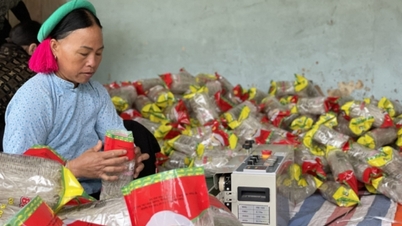



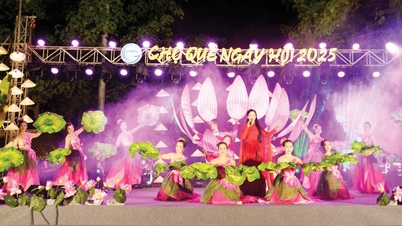

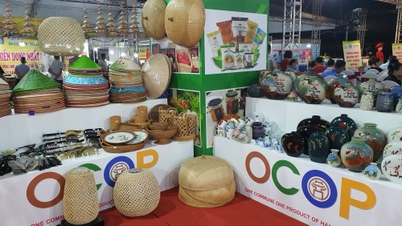

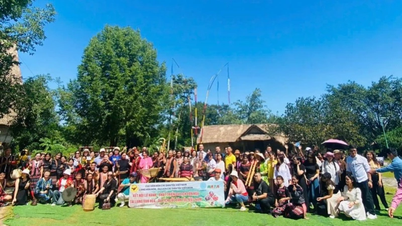

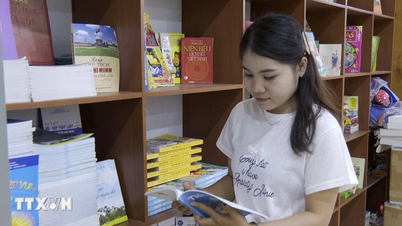



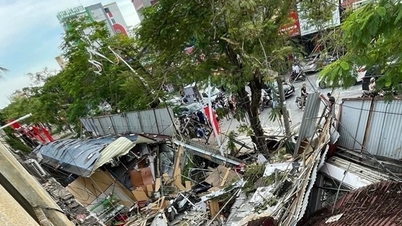


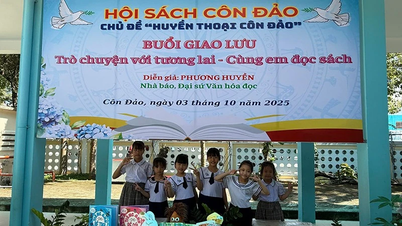




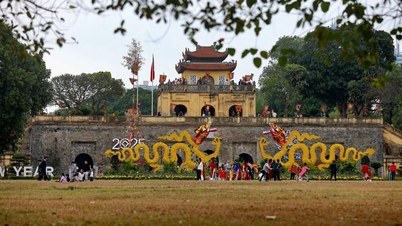
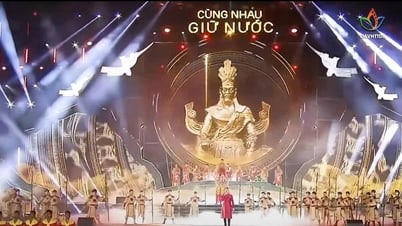


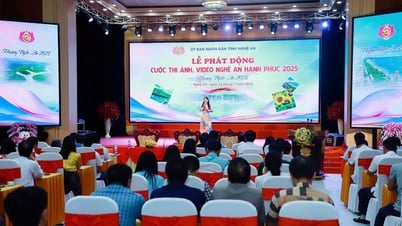


























![[VIDEO] Summary of Petrovietnam's 50th Anniversary Ceremony](https://vphoto.vietnam.vn/thumb/402x226/vietnam/resource/IMAGE/2025/10/4/abe133bdb8114793a16d4fe3e5bd0f12)

![[VIDEO] GENERAL SECRETARY TO LAM AWARDS PETROVIETNAM 8 GOLDEN WORDS: "PIONEER - EXCELLENT - SUSTAINABLE - GLOBAL"](https://vphoto.vietnam.vn/thumb/402x226/vietnam/resource/IMAGE/2025/7/23/c2fdb48863e846cfa9fb8e6ea9cf44e7)















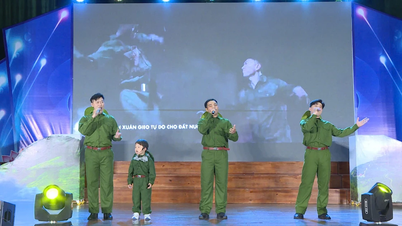



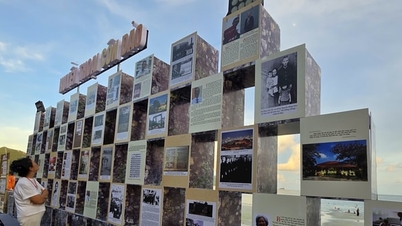

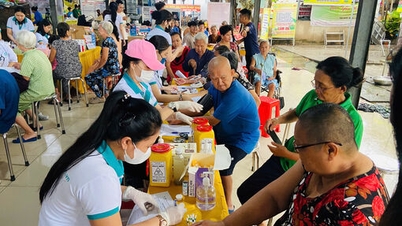

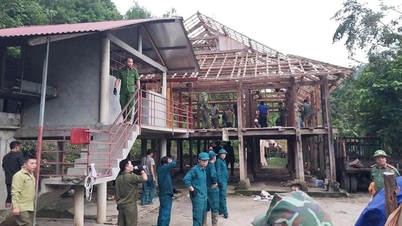

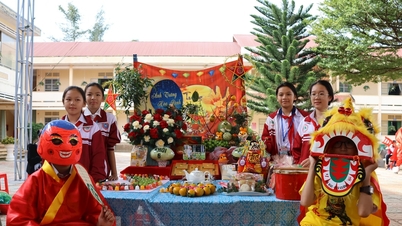








Comment (0)